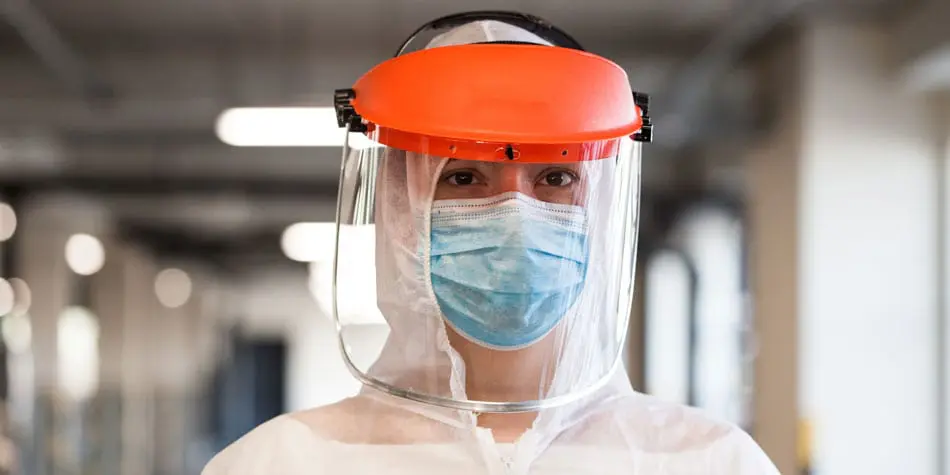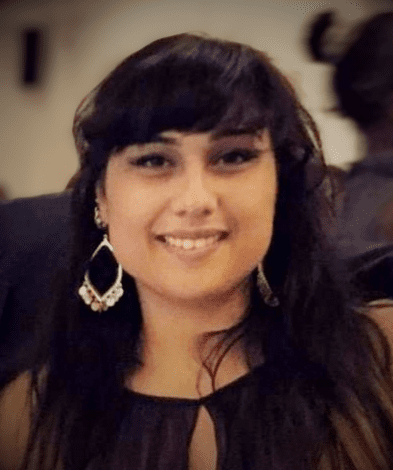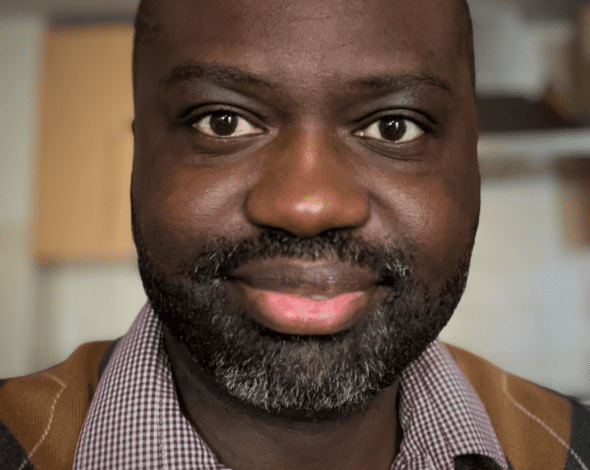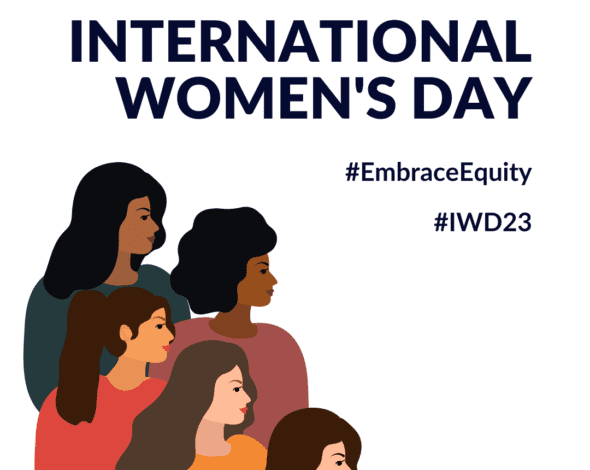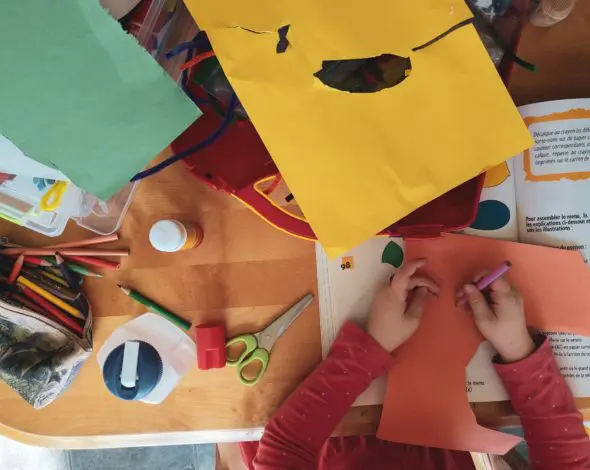Ordinarily, I’m part of a small team of AMHPs based in an office together, taking referrals for Mental Health Act Assessments involving people of all ages (young people, working age and older adults). Local authorities hold the responsibility to ensure that there are sufficient numbers of AMHPs to provide a service and our duties under the Mental Health Act haven’t changed as a result of Covid-19. Two doctors and an AMHP are usually required for Mental Health Act Assessments to take place. Legislation to reduce the number of doctors from two to one – due to implications of Covid-19 – has not been brought into force. Assessments take place in the community, health-based places of safety, mental health wards and in general hospitals (A&E and other general wards), as well as in police custody on occasion.
The Mental Health Act requires that AMHPs ensure people are interviewed in a suitable manner. It is also a requirement that doctors ‘personally examine’ a patient when assessing under the Mental Health Act. Covid-19 has made us think very carefully about how we balance these legal requirements with the risk of transmission of the virus. Broadly speaking, we know that mental and physical health needs often co-exist, and then when we think about particular groups of people we might see, such as older adults, it is clear that there are increased Covid-19 related risks to consider relating to increased age. At an individual level, considering those at a higher risk from Covid-19 must be taken into account at all stages of the assessment process, alongside all other risks. Wherever possible, alternatives to hospital admission are sought. This is always our approach, but the risks of Covid-19 transmission have certainly focused minds when thinking through whether hospital admission can be avoided. Unfortunately, informal, and formal support networks have reduced as a result of Covid-19 which has consequences both in terms of increased levels of distress and, correspondingly, fewer options available for support outside of hospital.
Government guidance and local practice involves us wearing PPE and, at times, scrubs (the latter of which a brilliant local group made for us – thank you!). Colleagues have made comments to indicate that people they have assessed do not appear to have been overly concerned by the PPE they are wearing. I too have not witnessed any obvious signs of distress or other negative consequences arising from the wearing of PPE. This has surprised me. Someone did think that both the doctors and I were there to clean the house, which probably made our actual purpose even more undesirable. I specifically raise this issue because I know that I don’t like wearing face masks; they feel uncomfortable and restrictive, my voice sounds as if it’s distorted (perhaps just to me) and my glasses steam up whilst I’m trying to talk (no matter how many of the tips from colleagues I try to prevent this) which interrupts my concentration (and ability to see when I am forced to remove my glasses); and my facial expressions are largely hidden. All these things lead me to wonder whether there has been any negative impact upon the interview; did it impact upon communication? Was building rapport affected? Were there any consequences of wearing PPE which had a negative effect on the overall decision?
It’s difficult to draw any conclusions about this without any feedback and it’s often not possible or appropriate to gain feedback during an assessment. I did see an interesting post on social media where the use of uniform for MH professionals was being discussed. It was unanimously unpopular amongst those commenting, but there was no specific mention of PPE. I have heard that some colleagues (out with my team) are considering the use of scrubs/uniform beyond the Covid-19 restrictions, as a result of more positive interactions. I hope there is some careful consideration regarding this. My personal experiences lead me to question whether other options are available which might address these potential issues. Are there other ways to communicate which might mitigate some of the potential issues? Are masks using clear material approved for use, for example? I wonder whether colleagues in other areas are doing anything creative. Might there be a role for remote technology to better enable face to face contact? I know that there have been greater developments with use of remote technology for MHAAs in some areas of the country and I would be interested to hear more about this.
Current guidance, published by the Department of Health and Social Care and NHS England (May 2020) supports the use of technology to implement remote assessments, such as video communication, although there are fairly strict criteria as to when this can be implemented and it currently relates to the period of Covid-19 restrictions only. Whilst taking account of the views of the person being assessed, remote assessments are currently only permitted where they cannot be carried out in person, in a safe and timely way. The guidance provides a view that remote assessments satisfy the requirement for doctors to ‘personally examine’ a person. There are clearly some examples where remote assessment will not work especially well; all those involved having access to technology being a fundamental starting point. In the local authority I work, most AMHPs don’t have smartphones and the technology to securely video call between local authority staff and NHS staff isn’t yet in place. Given the number of variables arising at community assessments, it is likely that remote technology could best be utilised in other settings. In some situations, particularly where a doctor who knows the person might be shielding, or where a doctor and/or AMHP, who knows the person well, are some miles from the person – in the case of hospital admission to a bed some miles from home (I’d much rather they weren’t miles from home in the first place but that’s a matter for a separate blog) – and where the criteria in the guidance apply, use of video technology might be more effective than alternative options.
In terms of future use, beyond Covid-19, access to remote technology for assessments seems to me to be potentially adding to the range of options to be carefully considered when deciding whether any given option constitutes interviewing in a suitable manner. I hope that its use for Mental Health Act Assessments in the longer-term will be evaluated based upon feedback from this time. There are individuals who may (Covid-19 aside) prefer to communicate in an alternative way, and for whom discussion in person with three professionals might lead to increased distress which could be avoidable. I’ve certainly experienced this. To add to the picture, remote assessments appear to be working well for some people within the scope of DoLS (Deprivation of Liberty Safeguards).
Use of electronic MHA forms and electronic signatures are also being supported by the Department of Health and Social Care/NHS England during the Covid-19 period. The beginnings of access to a process to support electronic MHA documentation is surely progress? I recall, not that long ago, driving over an hour’s round trip, late in the evening, to take paperwork so that someone could be conveyed to hospital. The Mental Health Act is a complex system to take account of digitally with highly confidential information being recorded and communicated, and it requires a process which is both flexible to the needs arising from different situations and responsive to local arrangements. I feel strongly that we should support making it happen and have therefore been working on this new electronic statutory form feature, as well as on remote MHAA video calling technology with colleagues at S12 solutions. Whilst AMHP work often involves having minimal control over resources, it’s great to have the opportunity to contribute to improving services via work with S12 Solutions.
If you would like to know more about the work S12 Solutions is doing in relation to electronic statutory forms or video calling, please get in touch by emailing us info@s12solutions.com or giving us a call on 01761 235 277

